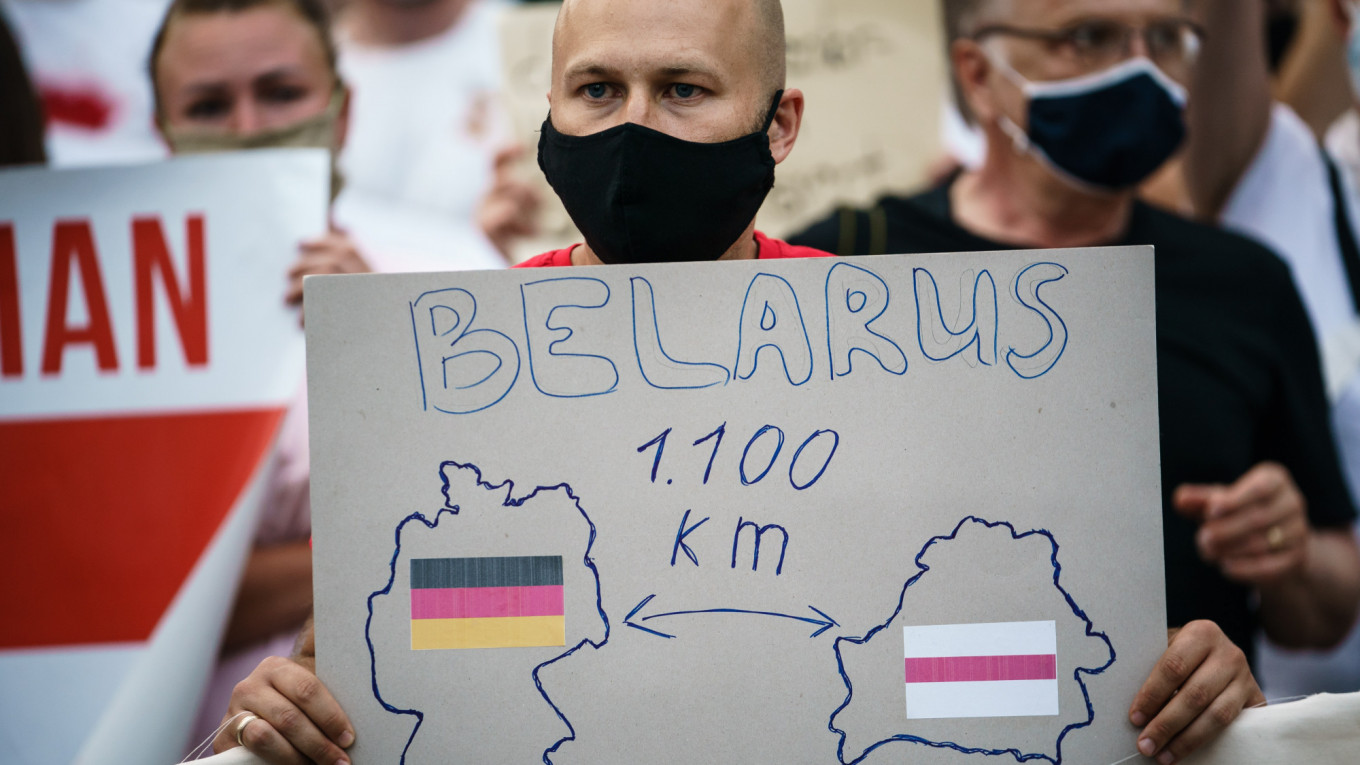Anton Chekhov is famous all over the world, first and foremost as a great playwright. You can find a production of “Uncle Vanya” on Broadway in New York every season.
But Chekhov’s short stories are not so well-known beyond Russia’s borders. They are brief, vivid, sometimes funny, sometimes grim — and often all of these at once.
One of Chekhov’s short stories, “Vanka,” is familiar to every Russian: It’s traditionally part of the primary school curriculum. The story’s central character is an eight-year-old boy named Vanka Zhukov, who becomes a bootmaker’s apprentice. The boy’s new master tyrannizes and maltreats him in every way possible. On Christmas Eve, Vanka writes a letter to his grandfather Konstantin Makarovich, in which he recalls how freely and happily he lived with him in the village and how miserable his life has now become.
The unhappy young boy then seals the envelope and slowly and accurately writes upon it: “To Grandfather in the village.” This is the story’s emotional crescendo. We understand that the letter will never reach his grandfather, that nobody will come to the boy’s aid, and that he will be subject to further abuse.
The phrase “to Grandfather in the village” has become a well-known expression in Russian. And it seems to me the ideal term to describe a curious phenomenon that could be seen on Russian social networks in the last few days — resentment toward the collective West for apparently ignoring the dramatic events in Belarus, which Russia (at least its social vanguard) has been following all week with bated breath.
I deliberately added the word “apparently” to underline that this is a question not so much of facts, but of assessment — and even more one of emotion and feeling.
Let’s be quite clear: the West is not ignoring the events in Belarus.
Several days ago the European Union issued a relatively tough (by the standards of the EU) statement, threatening sanctions. The U.S. State Department has also commented. Belarus’s neighbors, Poland and Lithuania, are making far more effort than Moscow to help protect demonstrators from savage beatings.
Western mass media outlets have published hundreds, even thousands, of news stories on the subject, along with radio and television reports.
So what then is the source of this feeling, which has spread like wildfire and which has gone generally uncontested among Russian bloggers and journalists, the most liberal and pro-Western among them (who have all rushed to discuss the West’s ignorance of the pain of the Belarusian people as fact)? In fact —subconsciously, I would say — a rather curious substitution of concepts has occurred.
Let’s unpack this step by step. First we need to point out that the idea of the “collective West” exists almost exclusively in the minds of the Russian intelligentsia. This is a kind of imaginary interlocutor, to whom these grievances are now being presented. It encompasses everything all rolled into one: North America and the European Union, NATO and the OSCE, Portugal and Lithuania, Ireland and Poland, and also — this is important to underline — makes no special distinction between state media and independent publications.
In this way, the likes of CNN are lumped together in the mass consciousness of the Russian intellectual with a bureaucrat from Brussels, when it is clear to anyone — both in Brussels and the CNN newsroom — that this is simply nonsense.
Let’s move on. Many western correspondents who have done sterling work in Russia and in the post-Soviet space for many years (for example, Max Seddon from the FT) reacted on social media to this sudden outburst of criticism with unconcealed bitterness. How? Why? Do you not see that we have written hundreds of articles about this?
Here once again we see that two concepts have been lumped together: the general news picture and the news itself. The resentment in fact stems not from the fact that Western media are not writing about Belarus (they are, and plenty at that), but because they’re not leading news broadcasts with it, they’re not putting it at the top of the homepage in big letters and they’re not putting it on the front page of the newspaper (with a few exceptions: the FT, Seddon’s employer, put Tikhanovskaya’s departure for Lithuania on the front page).
That is, this is already resentment of a different kind: Why in your picture of the world do we (in the current context Russians and Belarusians) occupy such a modest place that we are not worthy of the front page and top position on news sites? Why is Joe Biden and whatever else more important to you?
Russia’s intelligentsia resembles Vanka Zhukov. It loves the West, and hates it. It wants something from the West, and writes it a collective letter. Which never gets there. And the West (that collective West) simply goes on living its life.
A Message from The Moscow Times:
Dear readers,
We are facing unprecedented challenges. Russia's Prosecutor General's Office has designated The Moscow Times as an "undesirable" organization, criminalizing our work and putting our staff at risk of prosecution. This follows our earlier unjust labeling as a "foreign agent."
These actions are direct attempts to silence independent journalism in Russia. The authorities claim our work "discredits the decisions of the Russian leadership." We see things differently: we strive to provide accurate, unbiased reporting on Russia.
We, the journalists of The Moscow Times, refuse to be silenced. But to continue our work, we need your help.
Your support, no matter how small, makes a world of difference. If you can, please support us monthly starting from just $2. It's quick to set up, and every contribution makes a significant impact.
By supporting The Moscow Times, you're defending open, independent journalism in the face of repression. Thank you for standing with us.
Remind me later.








